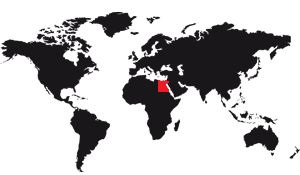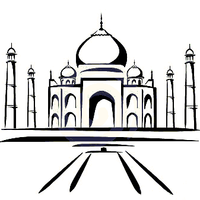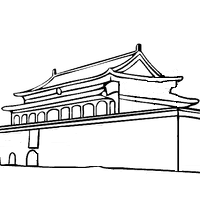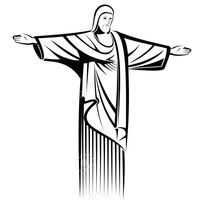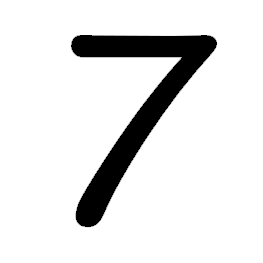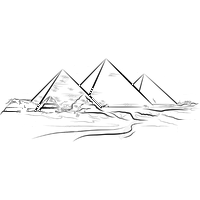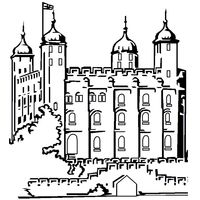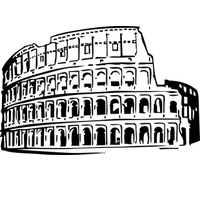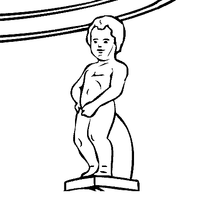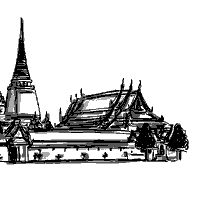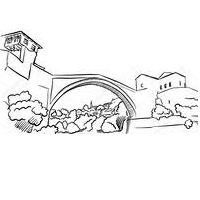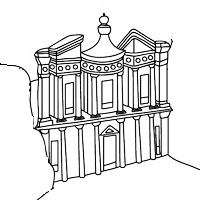The daily life of Egypt is marked by a strong impregnation of Islam, the religion of the majority of its population. Muslim piety marks the year of celebrations, which are at the same time the great mobile festivals of the Egyptian calendar.
Break the fast
Of all the times of the year when the Egyptians can indulge in entertainment, none could be more favorable than the closing of the fast caused by Ramadan. Fasting lasted for a whole month; Muslims faithful to their faith have been deprived of food and drink from sunrise to sunset. They also look forward to the moment when the solar disk disappears behind the horizon to finally have the right to eat and have fun. Even for the faithful devotee, this month of day fasting and nighttime compensation seems very long. The day of YAïd al-Lftar marks the breaking of the fast, the closing of Ramadan, the end of privations and the beginning of a freer period. For the small trades, it is the signal of the resumption of the activities. For all, it is especially the day of the "Little Bayram", the day when one warms the national foul in the big basins of copper, the day where the juice of sugar cane flows with the edge of the small balls . At home, women make kahk, the delicious but not very digestible galette filled with honey and Turkish delight. Draped in their black chiffon veil, they share and offer to the neighbors, to the family, this traditional dish. Gesture obliged but heavy consequences. Behind the usual thanks, the criticism of gourmets will be ruthless. We will appreciate the quantity of butter used for the manufacture, infallible index of the degree of domestic comfort.
That day, in Cairo, al-Husayn lights up. Multicolored lanterns light up to bring to the attention of all the tomb of the grandson of the Prophet who shelters this mosque of the capital. Under the dome of the mosques, the Muslim backs bend in the millions under the deep voice of the imams who are speaking in front of the mihrab, towards Mecca. The evening prayer closes Ramadan. The shisha makes its appearance, the life resumes its rights and its ordinary course.
Little Bayram should not be confused with Grand Bayram, which commemorates Abraham's sacrifice. This holiday is celebrated on the 10th of the last month of the year, but lasts several days. It is true that its date also coincides with the time of the return of the pilgrims from Mecca. In each Muslim home, a lamb or a farmyard animal is killed - depending on how comfortable the household is - to enhance the festive menu.
Birth of the Prophet
Of course, the birth of the Prophet is also the pretext for very folk festivities that accompanies the making of sugar toys for children.
Cham al-Nassim
But the happiest part of the Egyptian festivals is undoubtedly Cham al-Nassim, the Spring Festival. That day, the whole Egyptian countryside comes alive with crazy cavalcades. The villagers parade under colorful banners. Picnics get organized, men take a nap in this land they work all year. It is the day of the rounds of teenagers and the first flowers that are picked apart. On this occasion, the carnival unfurls its rusty swings or its big wooden wheel in each village of some importance and on the squares of the cities. Street vendors sell gazouza, sweets, and charbât, sorbets.
The Coptic holidays
The Coptic minority is not left on the Muslim majority to serve as a pretext for the party. The main festivals of the Coptic calendar are Christmas, which is celebrated with an eight-day shift on the calendar of Catholics, and Palm Sunday, which gives rise to processions and decoration of homes.
This calendar, which draws its tradition from religious practices, is complemented by secular festivals and local festivals. In the first chapter, the first of the year, Labor Day, May Day, Mother's Day, the day of the Revolution (July 23) and Victory Day (December 23).
Local festivals
As for local festivals, they often take the excuse of an Islamic pilgrimage. Louqsor celebrates Abu el-Haggag; the festivals of Sidi Morsi and Abu al-Abbas are close to Alexandria and those of Sayed el-Bedaoui pull Tantah from its torpor.
Finally, some localities bordering the Nile continue to celebrate peasant festivals in connection with the flood of the Nile despite the regulation brought by the high dam. It is Leit el-Noqta, the night of the Goutte, which marks the rising waters, and Khalig, the breaking of the dikes.
But the permanent festival is held at the souk, at the market, in the street, when life offers the spectacle of women adorned with their jewels and under light muslins, that they come and go with their Nefertiti paces under the already hot sun of the morning. This is the moment when shaven-headed kids sell brimborions with supplicating and cunning looks. The holiday is the occasion, the one offered by the purchase of a dromedary, for example, an event that forces the peasant to spend his savings. Then the whole village comes to congratulate him in his house; he is mabrùk, the Lucky One. And, of course, what better festive occasion than marriage? Because, for the Egyptian wedding, we invite everyone after a walk in town exhibited to each the new couple. Procession in music, with flute and tambourine, where the women push the zagharit, screaming, trembling and prolonged, which is more a manifestation of emotion than joy.
Egypt is not very rich. But she knows how to party.




